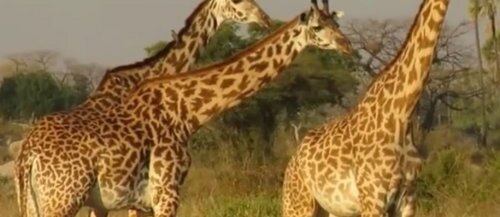The tropical Field Course is a wonderful example of how international cooperation and education can go hand in hand. The initiative, which stems from the longstanding research relationship between the University of Antwerp and the Sokoine University of Agriculture, offers students a unique opportunity to apply their academic knowledge in an entirely new environment. The field course, which has been organized every two years since 2006, is a crucial part of biology education because it and teaches them to deal with the complexities of field research. This experience is priceless; it enriches not only their scientific skills but also their cultural insights and understanding of global biodiversity. It is an adventure that prepares students for future challenges and inspires them to contribute to the global scientific community.
We journey back with Dimitri Geelhand to the very first edition of the now iconic Tanzanian field course for biology students.
As a young twenty-something hungry for knowledge and curious about what lies beyond the local scene, the university was the perfect place for me to nourish my curiosity.
I didn't just have that opportunity in the lecture halls and labs on the campus in Antwerp, but also far beyond. The tropical biology field course in Tanzania was one of the absolute highlights of my biology studies at UAntwerp and, in hindsight, also a turning point in my life. I participated in the first edition in 2006, and it was a three-week rollercoaster ride. My senses were in overdrive, and my brain had to process new impressions and experiences every day. That journey stuck with me and opened the door to a whole new dimension for me. Two years later, I studied abroad in South Africa for a semester, and that same year, I returned to Tanzania for my master's thesis. In 2010, I landed in Dar Es Salaam for the third time to do volunteer work and assist in the third edition of the field course.
These experiences have shaped me and enabled me to develop an attitude and international and intercultural skills that I draw upon every day, both in my current job and beyond.
I am immensely grateful for all the efforts the organising team made for me and my fellow students back then. Now, every day, I strive to make the same efforts for the young students at our faculty and prepare them as best as possible for that same rollercoaster ride, because I know all too well that it's a journey with a lasting impact.
Dimitri Geelhand (Staff Member for Internationalization, Faculty of Medicine and Health Sciences)
Tropische field course of 2016
